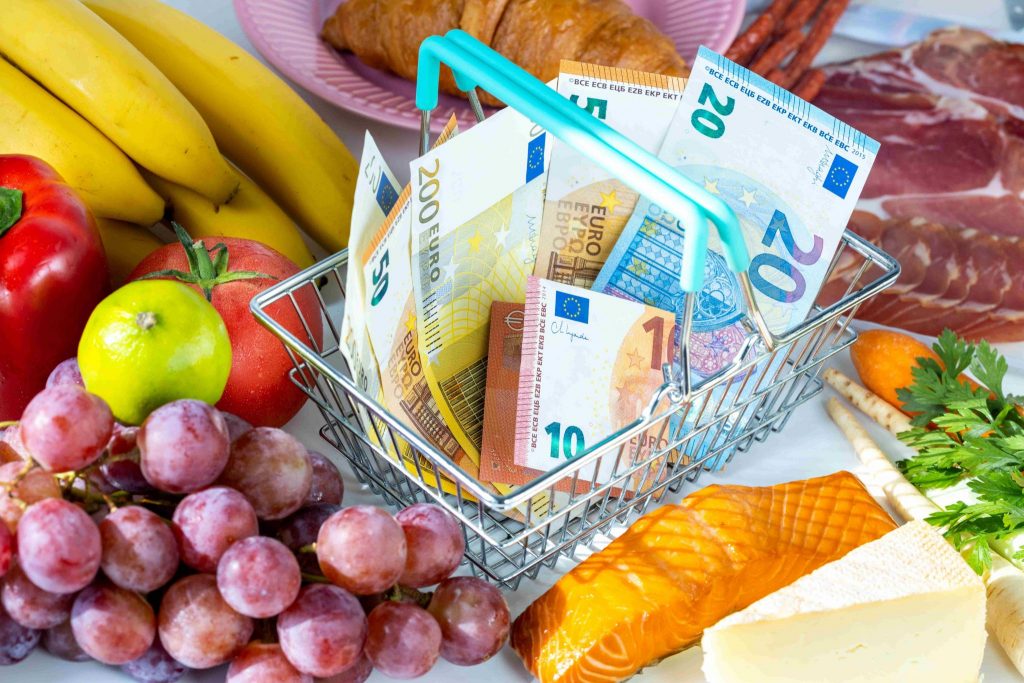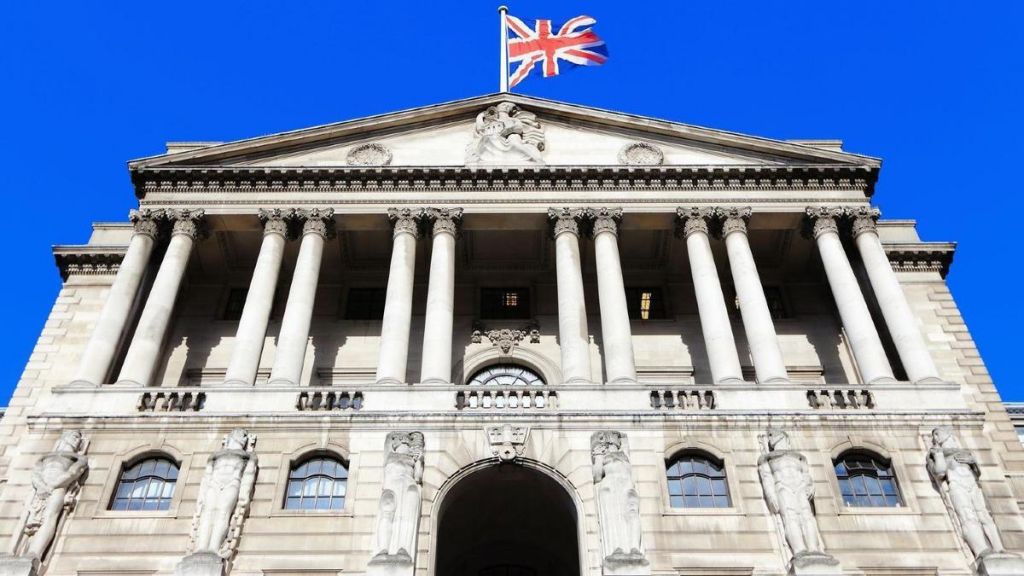In April, food inflation was reported at 5.4%, highlighting the persistent issue. However, an analysis by the Foundation for Economic & Industrial Research (IOBE) revealed that excluding just one item, olive oil, would reduce food inflation to a mere 2.8%, even lower than the overall inflation rate of 3.1%.
This discrepancy occurs because the weighting of olive oil in the consumer price index, as prescribed by Eurostat regulations, is significant due to its historically high consumption by Greek households. With an annual increase of 64%, the presence of olive oil raises the April food inflation rate from 2.8% to 5.4%.
While the Hellenic Statistical Authority’s (ELSTAT) calculation is statistically correct, it does not account for potential changes in household consumption habits in the specific year of measurement. Households may have substituted olive oil with other oils, such as sunflower or soybean oil, due to the high price of olive oil. Since ELSTAT does not update the weighting frequently, this can create a distorted picture.
This does not mean there is no price inflation in food. Inflation is inherently cumulative, as prices have been rising for almost three years without any significant downward correction.
IOBE’s analysis highlights the need for an accurate picture of inflation to effectively manage it. If new measures are required in the event of a surge, such as reducing VAT, or if it is determined that inflation is slowing, then protective provisions that limit competition, like caps on profit margins, should be reconsidered.
Source: tovima.com















![Φορολογικές δηλώσεις: Να πάρω «φορολογικό διαζύγιο» ή όχι; [Μέρος 2ο]](https://www.ot.gr/wp-content/uploads/2026/02/efor.jpg)




















